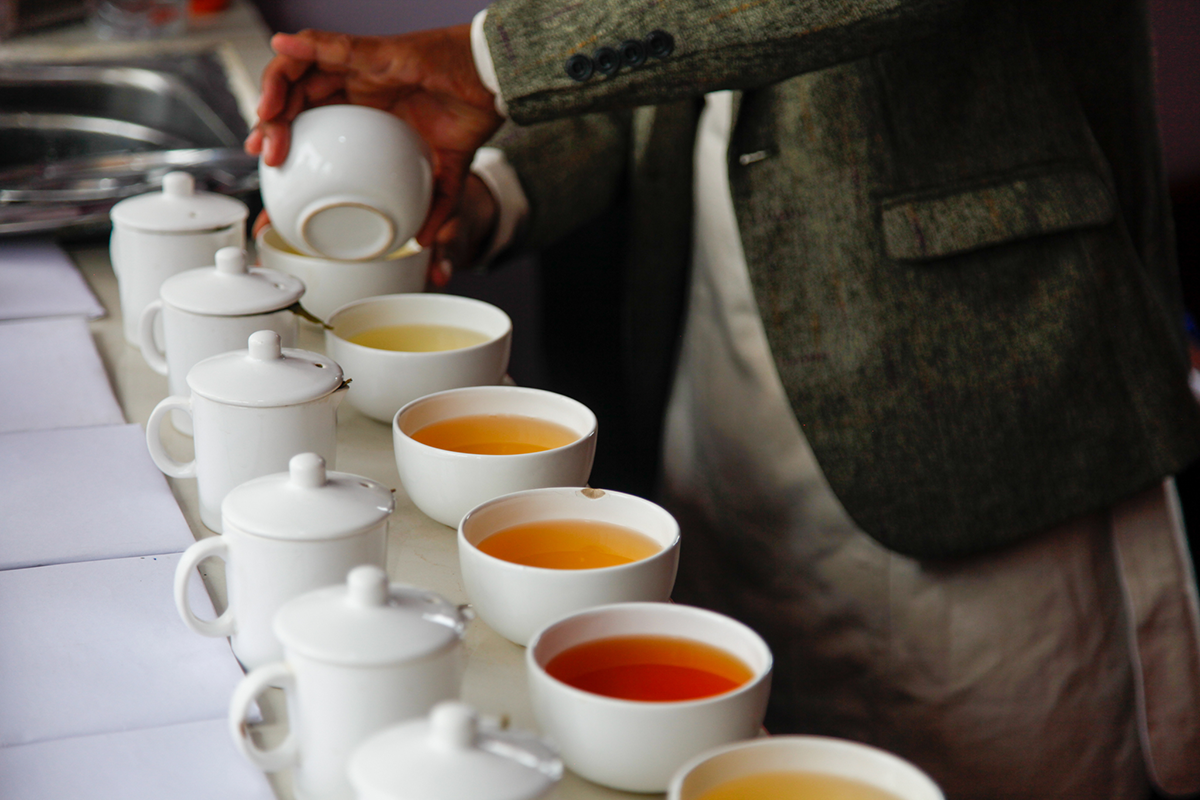Every year, we tea sommeliers are subjected to a marathon: the Darjeeling spring harvests. Samples of new-season teas from the region arrive in bags of ten, twenty or thirty. You must taste them within half a day if you want to be in with a chance of getting hold of the tea. The sooner you buy, the more expensive it is, but the longer you wait, the more you run the risk of missing out on the teas you want. This process, which only takes place for Darjeeling because sales go to the highest bidder and batches don’t exceed a few dozen kilos, lasts about six weeks. By the end, the entire spring production has been sold and the tea bushes, distressed by three consecutive harvests, take a rest before resuming their growth. An observation at this point: every year, these teas are worth more and more. Yet all the gardens in Darjeeling claim to be losing money due to rising production costs, and the increases don’t appear to benefit the pickers. The Mckinsey audits, which were so maligned on the eve of the election, would be invaluable in shedding light on this mystery.
The Darjeeling marathon
8 April 2022





